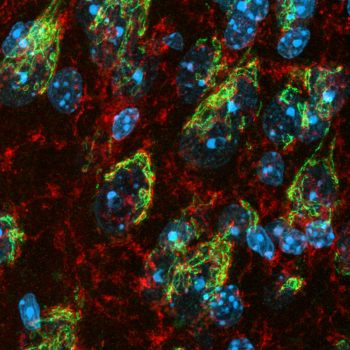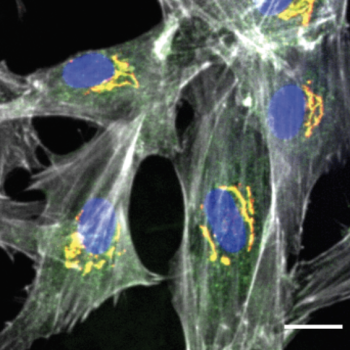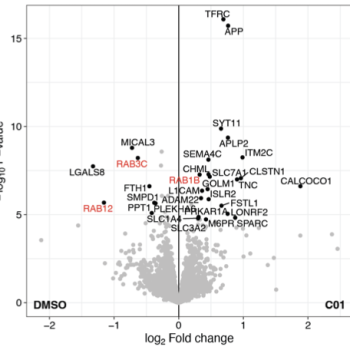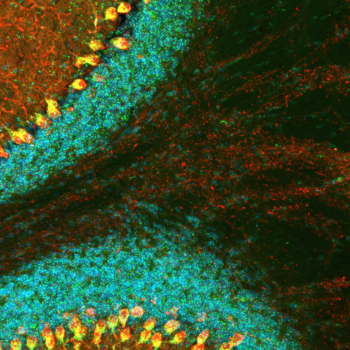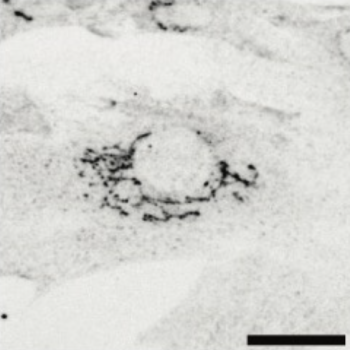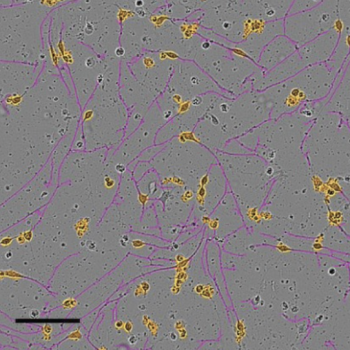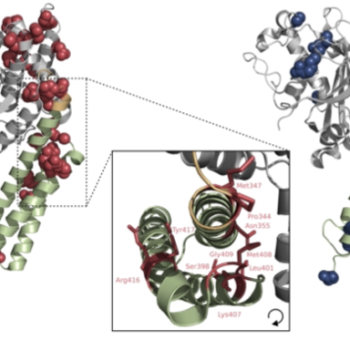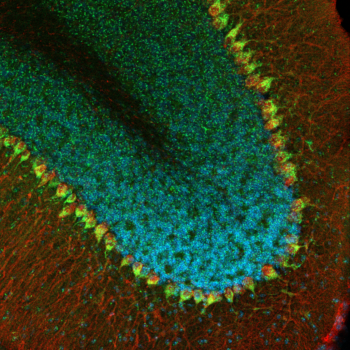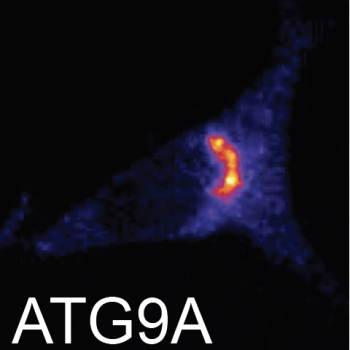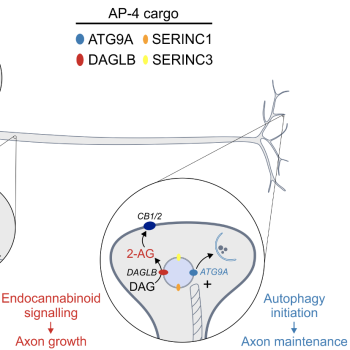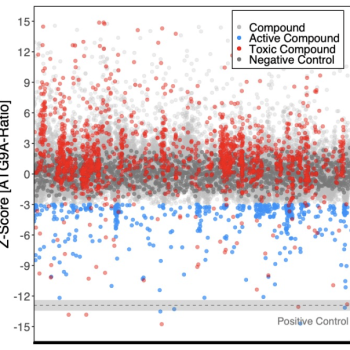Translational Research in Rare Diseases
Research on rare diseases is faced with unique challenges and opportunities. Our research program combines basic science and clinical research to create and implement novel medical technologies and treatments. Our work is translational and patient-centered. Most of our research projects are inspired by patients and families we meet in the clinic. We take on areas where we see an unmet need and bring ideas from our clinical work to our laboratory (‘bedside to bench’). Vice versa, our basic science research program is targeted at understanding fundamental molecular disease mechanisms and at developing platforms for testing novel therapeutics, with the goal of ultimately implementing first-in-human and pivotal clinical studies (‘bench to bedside’). We aim to accelerate the time between laboratory research, development, and clinical application.
Creating Clinical Trial Readiness
How do we create the infrastructure for first-in-human and pivotal studies in rare diseases?
Discovering key disease mechanism
What are the molecular mechanisms that lead to hereditary spastic paraplegia?
Creating a platform for novel therapeutics
How can we leverage novel disease models and genomic tools to create therapeutics?
Conducting clinical trials
How do we design future trials for rare and ultra-rare diseases?
Ongoing Translational and Clinical Research Projects
- Natural History Study for Early-Onset Hereditary Spastic Paraplegia (HSP-NHx) NCT04712812
- Hereditary Spastic Paraplegia Genomic Sequencing Initiative (HSPseq) NCT05354622
- Spastic Paraplegia – Center of Excellence Network (SP-CERN) (NCT06553976)
- A Retrospective Survey-based Multicenter Study to Delineate the Molecular and Phenotypic Spectrum of Epilepsy-Dyskinesia Syndromes (EDS Study)
- Efficacy, Safety, and Tolerability of Valbenazine for the Treatment of Dyskinetic Cerebral Palsy (VDCP) NCT05206513
- Multi-centre Deep Brain Stimulation Registry (DBSR)
- DBSMatchMaker – International Clinical Network for Pediatric DBS Cases
- Registry and Natural History Study for Progressive Myoclonic Epilepsy 1A (EPM1-NHx)
Ongoing Basic and Translational Research Projects
- Comprehensive Preclinical Development of Small Molecule Modulators of Protein Trafficking to Restore AP-4 Deficiency
- Characterize Axonal Multiomic Signatures of AP-4-Deficient Neurons
- Identify and Validate Potential Disease Biomarkers of Axonal Pathology through Targeted Proteomics
- A Functional Genomics Approach to Identify Modulators of AP-4-Related Protein Trafficking
- Understanding the role of AP-4 and its cargo in early brain development
- Development of a high-throughput small molecule screen for ADCY5-related disorder


